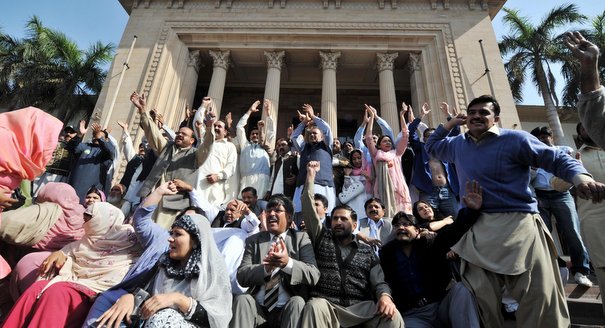This paper analyzes the current situation in Pakistan through the prism of the country’s historical experience, proposing new approaches to the threats to Pakistan’s territorial integrity and the stability and security of South Asia as a whole.
Conventional political science labels, such as authoritarianism, democracy, Islamism and secularism, are of little use when applied to Pakistan. “Pakistan’s history shows that giving priority to Islam can be combined with a democratic system of government, as well as with an authoritarian regime,” Topychkanov writes. Islam’s supremacy in Pakistani society has manifested itself primarily through Muslim nationalism and Islamic socialism, as well as through various radical forms of Islamic ideology. Experiments with Islam, which is the foundation of the country’s national identity, are therefore not the solution to Pakistan’s problems. Resolving these problems requires comprehensive solutions that encompass the political, economic and social spheres.
Pakistan’s history shows that giving priority to Islam can be combined with a democratic system of government, as well as with an authoritarian regime.
Topychkanov also notes that the external environment, particularly problems in Afghanistan, has had a negative impact on Pakistan’s political development. Protracted or failed operations of the International Security Assistance Force in Afghanistan would strengthen pro-Taliban forces in Pakistan, while stabilization in Afghanistan would help weaken these groups and stop the rise of support for religious extremism. The escalation of tensions between Pakistan and India also contributes to the spread of extremism in Pakistan.
Topychkanov proposes a number of policy approaches, suggesting that the planning and implementation of aid programs for Pakistan should meet three main criteria:
- they must be oriented towards the long term
- be strictly controlled at all stages
- be targeted.





